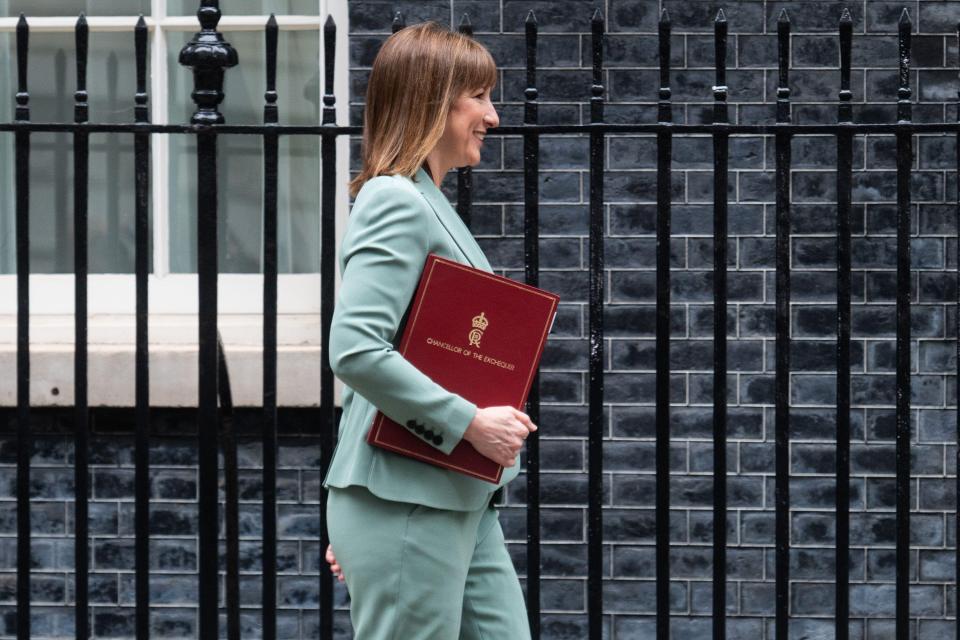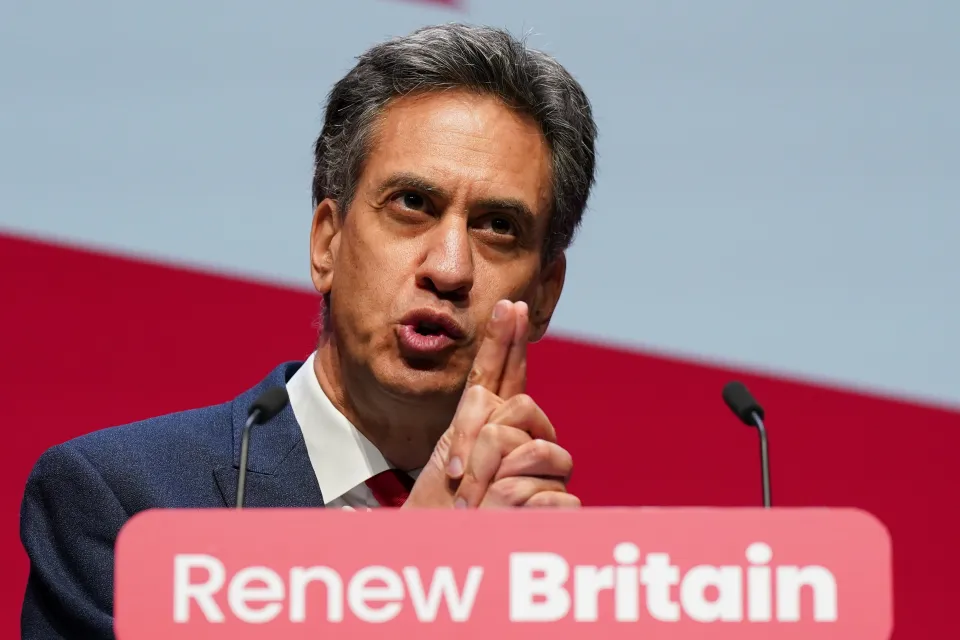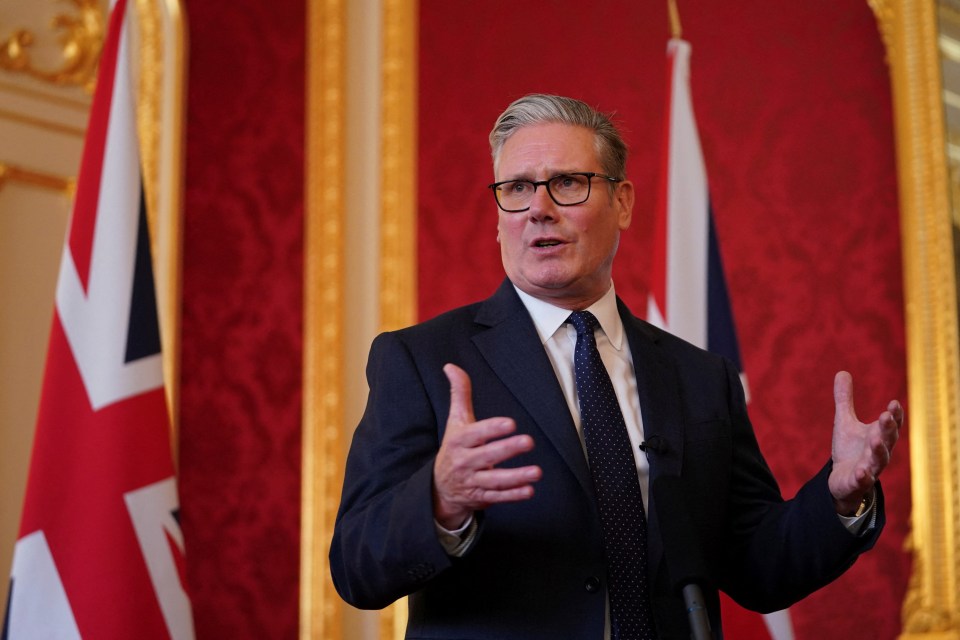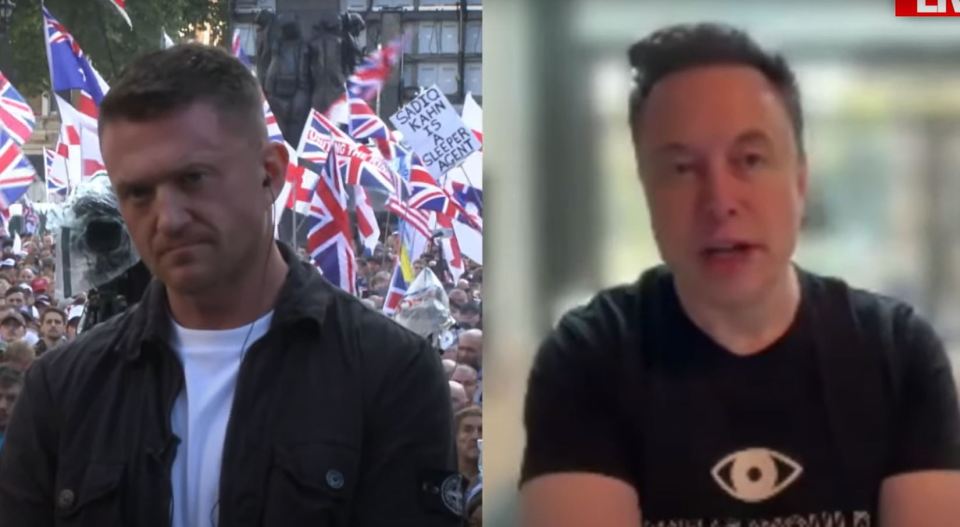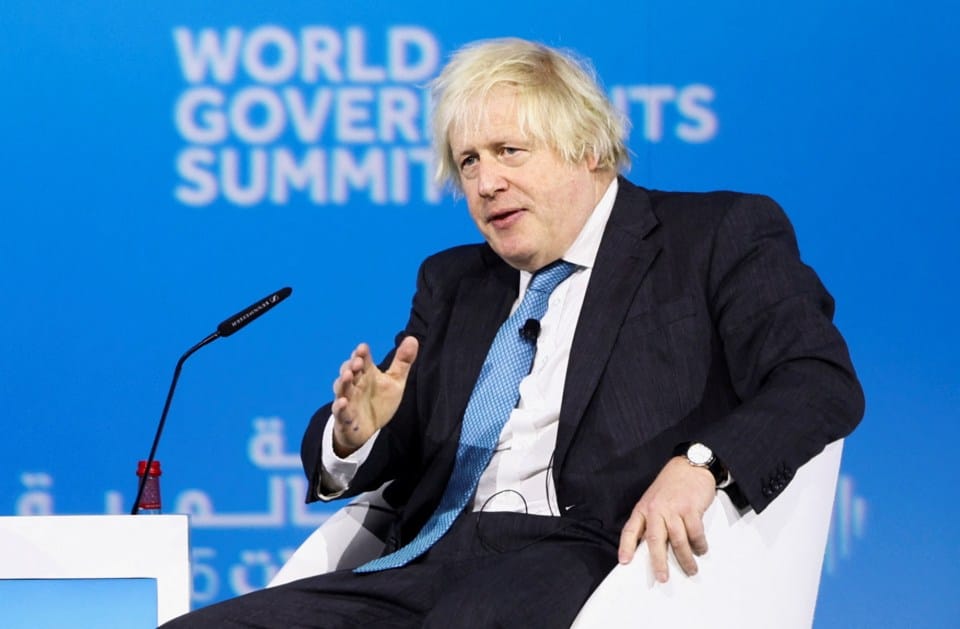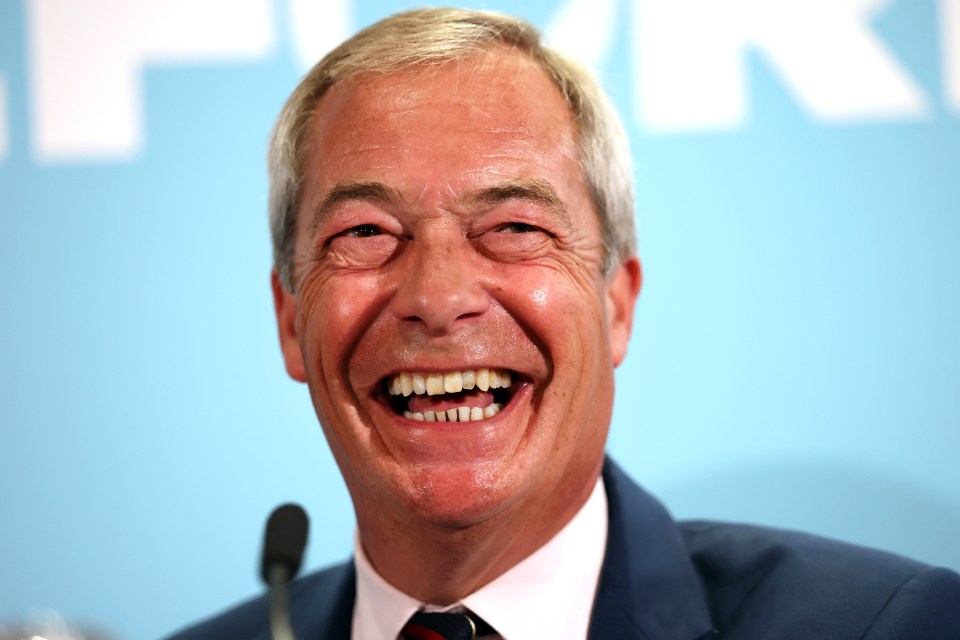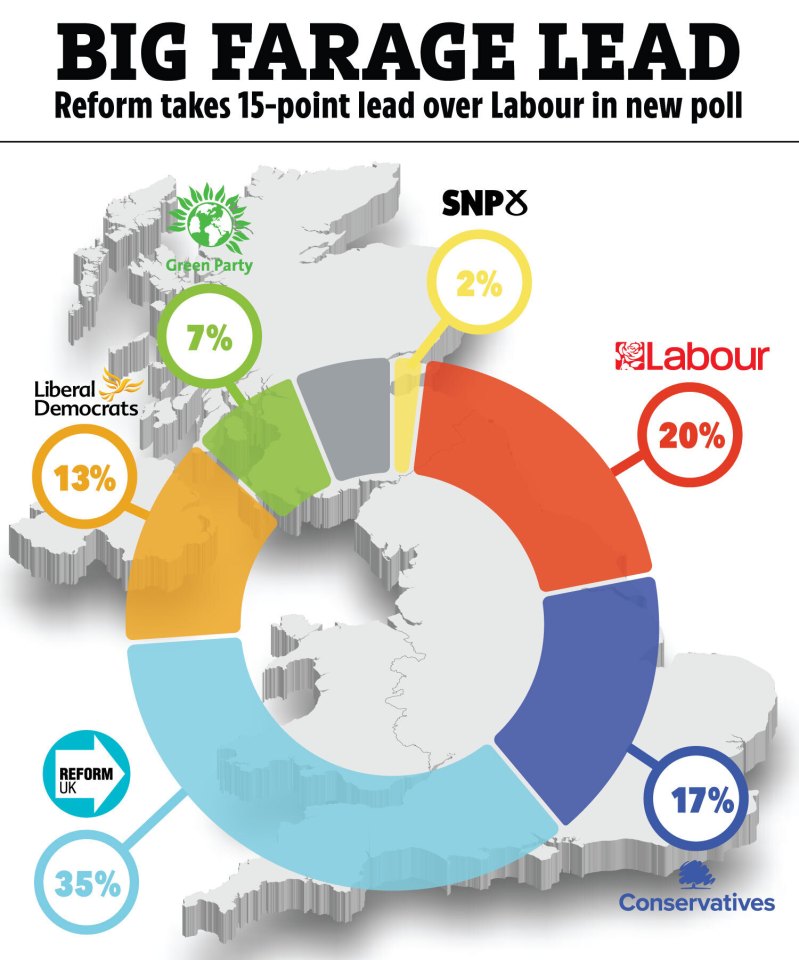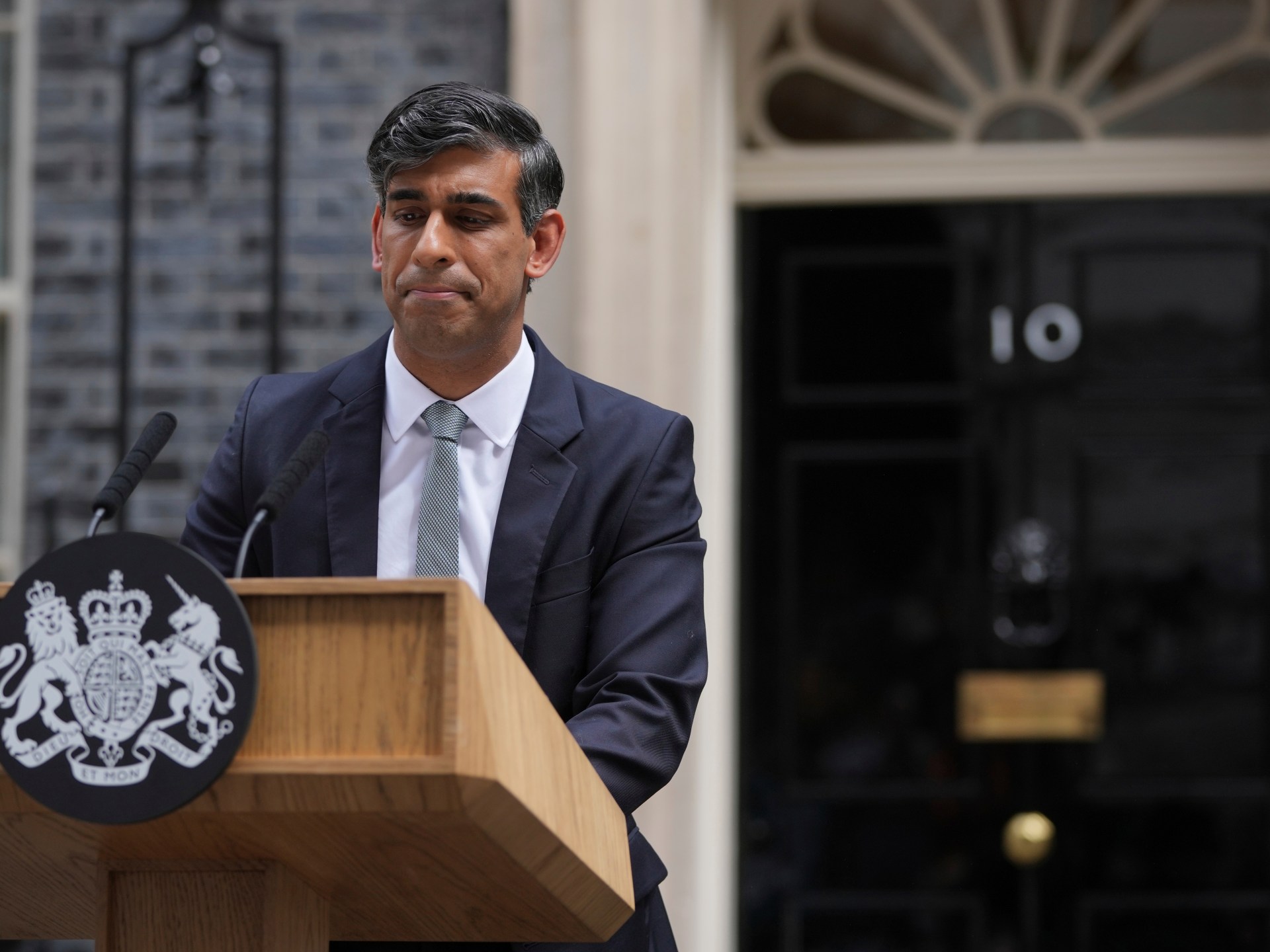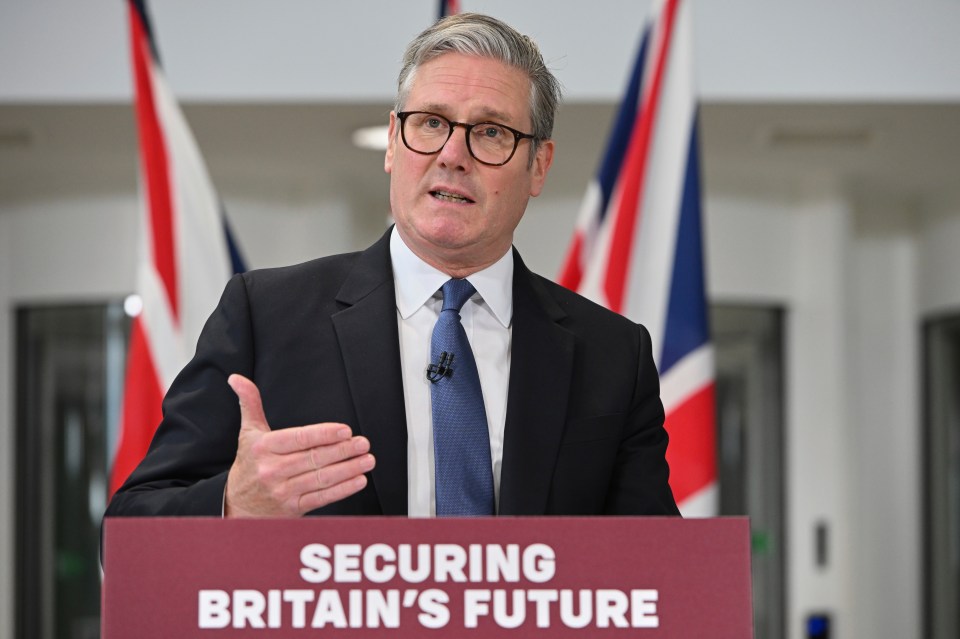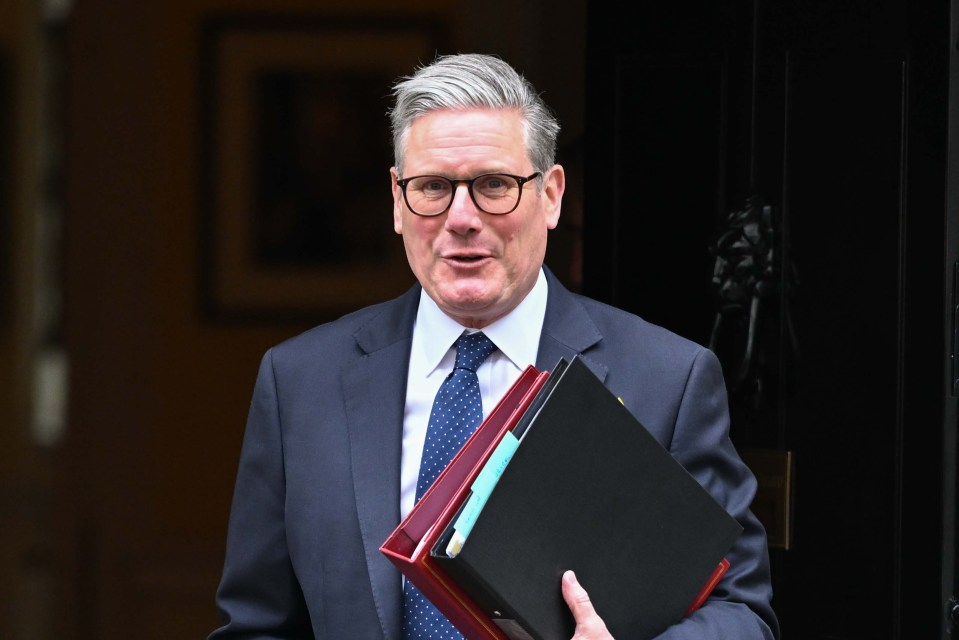All the ways Rachel Reeves could raise billions in Autumn Budget without hitting YOU with higher taxes
THE chancellor could raise tens of billions from tax reforms that don’t hit “working people”, leading economists have said.
Rachel Reeves is under pressure to fill an estimated £50billion black hole in the public finances ahead of November’s autumn statement.
Westminster is awash with rumours that Labour could extend the freeze on income tax thresholds.
However, critics say this would mean breaking Labour’s manifesto pledge not to increase taxes on “working people”.
But in a new report, the Institute for Fiscal Studies (IFS) urged the Chancellor to resist “half-baked” solutions like “simply hiking rates”.
The IFS Green Budget Chapter report instead urges the chancellor to reform the “unfair” and “inefficient” tax system.
End capital gains tax relief on death
Reeves could scrap capital gains tax relief on death, the report said.
When you sell certain assets – like houses, land or other valuable items – you have to pay a tax on the profit you made on it.
However, there are some important exceptions.
For example, if someone dies and you inherit their asset, you don’t have to pay capital gains tax they would have paid.
But the IFS said Reeves should consider scrapping the relief, raising £2.3billion in 2029-30.
However, families could oppose the measure given Labour is already skimming more revenue off inherited wealth.
The inheritance tax threshold has been frozen at £325,000 since 2009.
And last year, Reeves announced she would extend the freeze until 2030.
Hit taxpayers with a ‘one-off’ wealth tax
Economists and politicians are often divided over whether a wealth tax would work.
Supporters argue that the UK’s richest 1% are wealthier than the bottom 70% – and that a wealth tax would reduce this inequality.
But critics say it would be an administrative nightmare and lead millionaires to leave the country, taking their businesses and tax revenues with them.
But if Labour does reach for wealth in the budget – it should opt for a “one-off” wealth tax, the IFS said.
The think tank argues this is a better option than a recurring wealth tax.
It would work by the government calculating how much people’s total assets are worth and taxing them over a certain threshold.
“An unexpected and credibly one-off assessment of existing wealth could in principle be an economically efficient way to raise revenue,” the IFS wrote.
However, a wealth tax that happened on a regular basis would have “serious drawbacks,” the think tank warned.
Valuing everyone’s wealth every year would be “extremely difficult,” it said.
Moreover, a regular tax could deter the highest tax payers from residing in the UK long-term, potentially hitting overall tax revenues.
But the IFS said that even a “one-off” levy could spell trouble if people don’t trust the government not to come back for more.
The report said: “The potential efficiency of such a tax could be
undermined, however, if announcing a one-off tax created expectations of, or uncertainty about, other future taxes.”
Double the council tax rates paid by highest value homes
A new council tax surcharge could raise up to £4.4billion.
Council tax is a local tax on residential properties in the UK, with homes assigned to Bands A to H based on their value.
Bands G and H generally include the highest value homes.
The IFS said doubling the council tax paid by these households could mean a £4.4billion boost.
However, critics already say the council tax system is “unfair and arbitrary”.
As reported by The Sun, families living in modest homes sometimes pay more than those in multi-million-pound mansions.
The root of the problem is simple – council tax bills are not based on what your home is worth today.
Instead, it’s based on its value way back in 1991, when homes were categorised into bands ranging from A to H.
Decades of uneven house price growth mean this once-simple system is now riddled with inequalities.
Moreover, councils set their own tax rates – leading to a “postcode lottery”.
The average Band D council tax in England is £2,280, but councils set their own rates.
For example, in Wandsworth, people pay just £990, while in Nottingham, they pay £2,656.
This means that millions of homeowners pay much less compared to their property’s value than those in poorer areas, according to PropertyData.
Another potential problem is that the extra cash would go to local authorities rather than central government.
Local authorities use council tax to pay for local services like schools, bin collections and libraries.
So to make sure it reaps the benefits of the change, Downing Street could reduce the grants being paid to councils, the IFS said.
The UK government gives councils more than £69billion in funding – a 6.8% increase in cash terms compared to 2024-25.
But councils would likely still fight back against any funding downgrade – with sticky 3.8% inflation already eating into their grants.
Rejig inheritance tax
The IFS admits that changes to inheritance tax could ‘provoke’ strong reactions.
But its report said that the £9billion said annually is ‘modest’ – although high by historical standards.
Reforming death duties to abolish the additional £175,000 tax-free allowance could raise around £6billion, the economists wrote.
“One obvious option would be to increase the rate of inheritance tax from its current 40%,” the economists wrote.
They said an increase of just 1% would raise £0.3billion in 2029–30.
The government could also reduce the threshold at which the tax begins to be paid.
Currently, people can pass on up to £325,000 of wealth tax-free.
Then there’s an additional £175,000 tax-free allowance that can be used only when passing on a primary residence to a direct descendant.
Abolishing the second of these allowances, for example, could raise around £6billion in 2029–30, the IFS said.
Crack down on businesses underpaying their taxes
The think tank has urged Labour to tackle tax non-compliance.
Corporation tax, a tax on company profits, has become increasingly important to the Treasury’s coffers in recent years.
Over the course of the 2010s, revenue averaged 2.4% of national income, rising to 3.3% in 2025–26.
But corporation tax dodging meant 15.8% of liabilities went unpaid in 2023-24, up from just 8.8% in 2017-18.
Small businesses are mainly to blame, the IFS said, admitting that claiming the prize of missing corporation tax “would not be straightforward in practice”.
The think tank added: “More work is needed to understand why so many small companies are submitting incorrect tax returns.
“It is likely that tackling the gap would require targeted
compliance activities from HMRC, such as auditing small businesses.”
The IFS also said “more revenue could be raised from corporation tax”.
However, it did warn that, while a 1% increase would raise £4.1billion, there could be adverse consequences.
The authors wrote that investment in the UK could become “less attractive” and reduce future tax yields.
However, critics may argue that any tax hike hitting members of the public – even if targeting inheritance or council tax – will still feel like a broken promise.
What must the chancellor avoid doing?
The personal tax allowance has been frozen at £12,570 since April 2021.
Prime Minister Rishi Sunak announced the freeze would remain until April 2026 and Labour extended it until April 2028.
Extending the freeze on personal tax thresholds including national insurance contributions would raise around £10.4billion a year from 2029-30.
But IFS economists say Reeves must not do this – and instead lift the threshold amid rising inflation.
Extending the freeze would be a breach of Labour’s manifesto pledge not to increase taxes for “working people” which includes income tax, national insurance and VAT, the IFS said.
The report’s authors also said restricting income tax relief on pension contributions would raise large sums but should be avoided.
Currently, when you put money into a pension, the income tax you’ve already paid on that money is essentially returned via a government top-up.
The IFS said restricting relief would be “unfair” to penalise pensions again when pension income is already taxed.
The Chancellor should also resist the temptation to up stamp duties, the IFS said.
The think tank fears it would cause people to avoid selling their homes when they want to – hitting the jobs market and holding back growth.
“Changing rates and thresholds is all very well, but unless the Chancellor is willing to pursue genuine reform it will be taxpayers that shoulder the cost of her neglect,” the report, which forms a chapter in the IFS’s wider budget assessment for 2025, said.
Isaac Delestre, a senior research economist at the think tank and an author of the chapter, said Ms Reeves would have “fallen short” if she reaches for quick revenue without wider reform.
“Almost any package of tax rises is likely to weigh on growth, but by tackling some of the inefficiency and unfairness in our existing tax system, the Chancellor could limit the economic damage,” he said.
What is the Budget?
THE Budget is big news and where you’ll often hear announcements about taxes. But what exactly is it?
The Budget is when the Government outlines its plans for the economy including taxation and spending.
The Chancellor of the Exchequer delivers a speech in the House of Commons and announces plans for things like tax hikes, cuts and changes to Universal Credit and the minimum wage.
At the same time, the Office for Budget Responsibility (OBR) publishes an independent analysis of the UK economy.
Usually, the Budget is a once-a-year event and usually takes place in the Autumn, with a smaller update known as the Spring Statement.
But there have been exceptions in recent years when there have been more updates, or the announcements have taken place at different times, for example during the pandemic or when there is a General Election.
On the day of the Budget, usually a Wednesday, the Chancellor is photographed outside No 11 Downing Street with the red box.
She then heads to the House of Commons to deliver her speech, at around 12.30 following Prime Minister’s Questions (PMQs).
Changes announced in the Budget are sometimes implemented the same day, while others may not have a set date.
For example, a change to tobacco duty usually happens on the same day, pushing up the price of cigarettes.
Some tax changes are set to come in at the start of a new tax year, which is April 6.
Other changes may need to pass through Parliament before coming into law.
